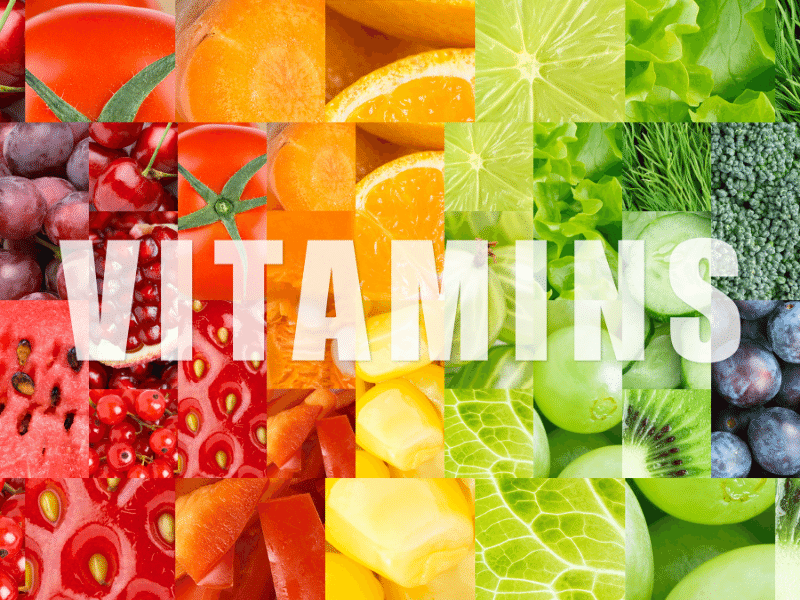
What is the importance of Vitamin D3 and B12 in your diet?
Upon visiting your nearest doctor, be it your gynaecologist, endocrinologist, dermatologist, cardiologist or your physician after a general health checkup, you are often prescribed to get your vitamin D3 and vitamin B12 levels tested. The simple reason for this is that these vitamin levels determine the quality of functioning of a lot of intricate somatic systems that you are composed of.
So, what are vitamins D3 and B12 and why do we need them?
Vitamin D3 is also referred to as the sunshine vitamin and is a fat-soluble vitamin that is part of the family of compounds that also include vitamins D-1 and D-2. It is naturally produced by the body upon exposure to sunlight and is responsible for the proper intestinal absorption of a lot of important minerals and nutrients needed by the body such as calcium and phosphorus. This in turn ensures strong bone health and muscle tone, and proper functioning of the immunity system, endocrinology system as well as cardiac health.

Vitamin B12 often known as cobalamin is, on the other hand a water-soluble vitamin and is one of eight B vitamins. It is involved in the metabolism of every cell in the human body. It is a cofactor in the synthesis of DNA and in the metabolism of both fatty and amino acids. It is primarily important in the normal functioning of the nervous system as it plays a role in the maturation of developing RBCs in the bone marrow. It also helps the body release the energy from food consumed and use folate in a proper fashion.
What are the sources of these Vitamins?
Both vitamins D3 and B12 are found in similar sources of your diet.
Vitamin D3: Fea sources of food are naturally rich in vitamin D3. These include the meat of fatty fish and fish liver oils. Salmon and tuna are great for the same. Smaller amounts of this nutrient are found in egg yolk, orange juices, and cereal and dairy fortified with the vitamin.

Vitamin B12: Vitamin B12 is naturally found in food sources such as:
-
fish such as tuna, sardines, trout, salmon, shellfish
-
dairy and poultry products such as eggs, cheese,
-
fortified foods such as certain cereal

Since a lot of the sources of these vitamins are non-vegetarian, those with a strictly vegetarian diet often suffer deficiency and have to feed their bodies supplements.
B wary of Deficiency
Risk Factors that May Lead to Deficiency:
Some common risk factors that lead to deficit levels of vitamin D3 and B12 include ageing, genetic predisposition, people of south east and south Asian race, poor dietary intake, lifestyle and mobility and other medical comorbidities.
Symptoms of Deficiency:
Vitamin D3:
-
Constant and unexplained fatigue even after resting
-
Sudden shifts in mood and mood disorders
-
Muscle weakness, soreness or cramps
-
Bone and back ache
-
Impaired wound healing
-
Bone loss
-
Hair loss
Vitamin B12
-
Weakness, lightheadedness or dizziness
-
Tingling or numbness, muscle weakness or trouble walking
-
Uneven heart rate or shortness of breath
-
Vision Loss
-
Nausea
-
Mental health disorders like depression and general irritability
-
More palpable and observable symptoms include:
-
Pale skin
-
Smooth tongue
Diagnoses
While deficiency of vitamins B12 and D3 lead to health risks and cause an impediment to daily routine, they can be diagnosed through complete and comprehensive health checkup. Moreover, routine and timely health checkup may also detect any signs of detection at an earlier stage leading you to seek medical attention before it leads to irreversible complications, be it fluctuating blood pressure, diabetes, cardiac health or concerns with neurology.
Often, healthcare practitioners prescribe diagnoses in the form of blood tests to assess levels of the vitamin in your bodies.

All in all, these vitamins churn into your system, life and good health that are needed to conduct both simple day-to-day activities and complicated tasks. Unfortunately, a lot of the symptoms of deficiency overlap with a vast pool of many other health risks. Therefore, it is imperative to consult with your nearest doctor or healthcare provider.
